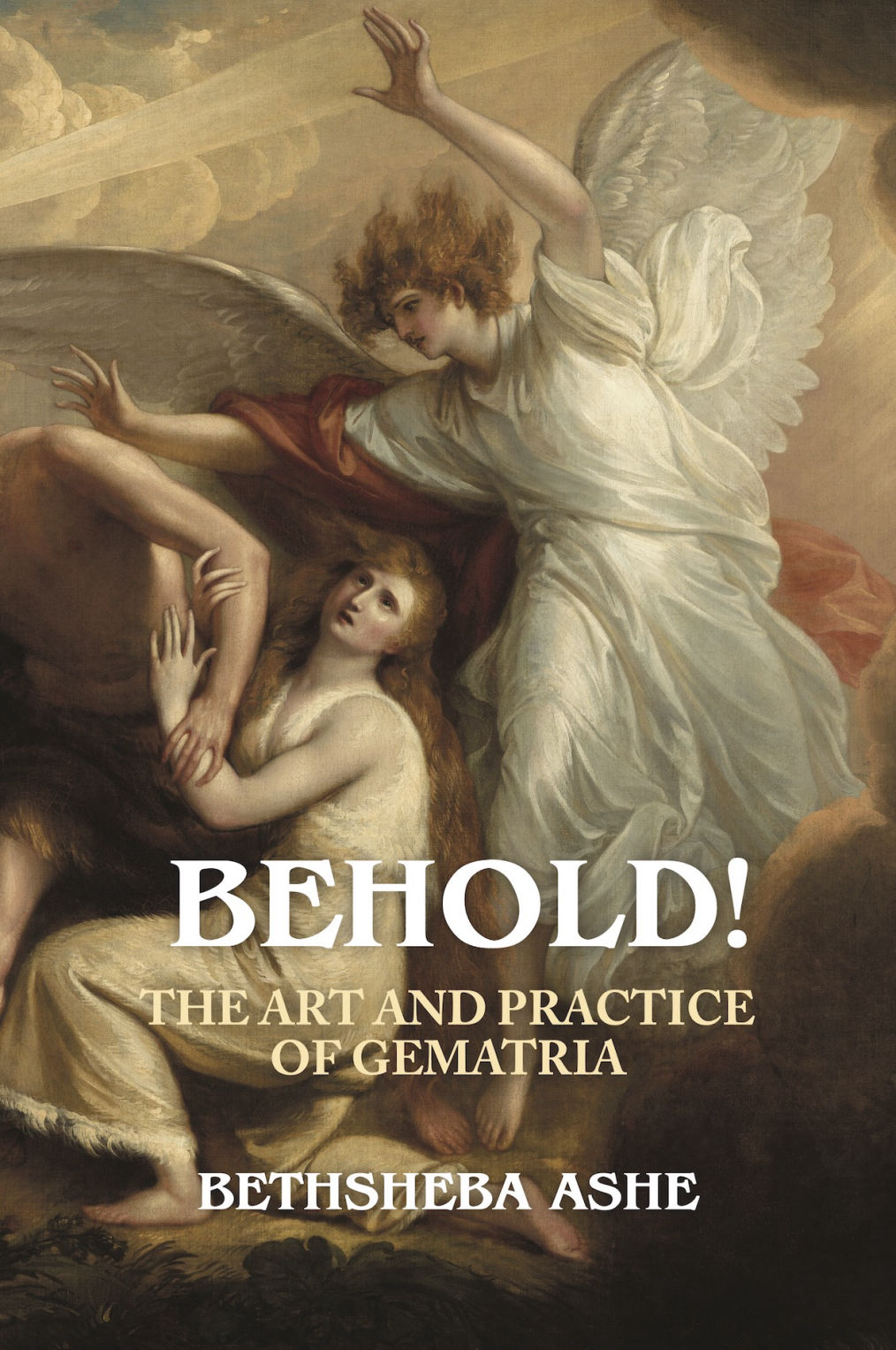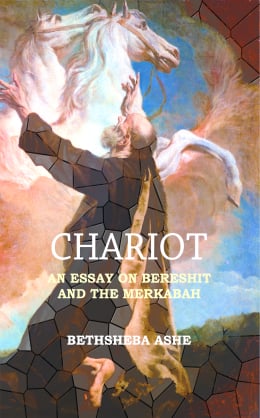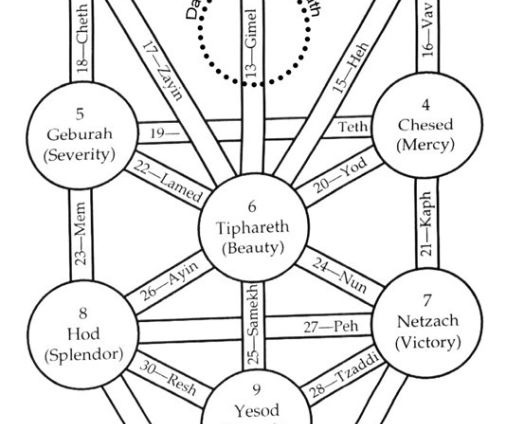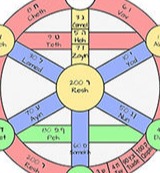Words and Calculations with the same Gematria value ...
| Word | Translation & Meaning | Transliteration | Strong's Number |
|---|
| אזניה | Meaning: Azanjah, an Israelite. Usage: Azaniah. | AZNIH | 245 |
| בית און | Meaning: Beth-Aven, a place in Palestine. Usage: Beth-aven. | BIThAVN | 1007 |
| בעא | Meaning: to seek or ask. Usage: ask, desire, make (petition), pray, request, seek. | BOA | 1156 |
| גליל | Meaning: a valve of a folding door (as turning); also a ring (as round). Usage: folding, ring. | GLIL | 1550 |
| גליל | Meaning: Galil (as a special circuit) in the North of Palestine. Usage: Galilee. | GLIL | 1551 |
| גללי | Meaning: Gilalai, an Israelite. Usage: Gilalai. | GLLI | 1562 |
| גלם | Meaning: to fold. Usage: wrap together. | GLM | 1563 |
| גלם | Meaning: a wrapped (and unformed mass, i. e. as the embryo). Usage: substance yet being unperfect. | GLM | 1564 |
| גמל | Meaning: to treat a person (well or ill), i. e. benefit or requite; by implication (of toil), to ripen, i. e. (specifically) to wean. Usage: bestow on, deal bountifully, do (good), recompense, requite, reward, ripen, serve, mean, yield. | GML | 1580 |
| גמל | Meaning: a camel. Usage: camel. | GML | 1581 |
| דישון | Meaning: Dishon, the name of two Edomites. Usage: Dishon. | DIShVN | 1787 |
| חכילה | Meaning: Chakilah, a hill in Palestine. Usage: Hachilah. | ChKILH | 2444 |
| חכליה | Meaning: Chakaljah, an Israelite. Usage: Hachaliah. | ChKLIH | 2446 |
| חכמה | Meaning: wisdom (in a good sense). Usage: skilful, wisdom, wisely, wit. | ChKMH | 2451 |
| חכמה | Meaning: wisdom. Usage: wisdom. | ChKMH | 2452 |
| חסה | Meaning: to flee for protection; figuratively, to confide in. Usage: have hope, make refuge, (put) trust. | ChSH | 2620 |
| חסה | Meaning: Chosah, an Israelite; also a place in Palestine. Usage: Hosah. | ChSH | 2621 |
| טחון | Meaning: a hand mill; hence, a millstone. Usage: to grind. | TChVN | 2911 |
| כומז | Meaning: a jewel (probably gold beads). Usage: tablet. | KVMZ | 3558 |
| כנש | Meaning: to assemble. Usage: gather together. | KNSh | 3673 |
| לשם | Meaning: a gem, perhaps the jacinth. Usage: ligure. | LShM | 3958 |
| לשם | Meaning: Leshem, a place in Palestine. Usage: Leshem. | LShM | 3959 |
| מבוכה | Meaning: perplexity. Usage: perplexity. | MBVKH | 3998 |
| מגל | Meaning: a sickle. Usage: sickle. | MGL | 4038 |
| מישך | Meaning: Meshak, an Israelite. Usage: Meshak. | MIShK | 4335 |
| מישך | Meaning: Meshak, the Babylonian. Usage: Meshak. | MIShK | 4336 |
| משל | Meaning: to rule. Usage: (have, make to have) dominion, governor, × indeed, reign, (bear, cause to, have) rule(-ing, -r), have power. | MShL | 4910 |
| משל | Meaning: to liken, i. e. (transitively) to use figurative language (an allegory, adage, song or the like); intransitively, to resemble. Usage: be(-come) like, compare, use (as a) proverb, speak (in proverbs), utter. | MShL | 4911 |
| משל | Meaning: properly, a pithy maxim, usually of metaphorical nature; hence, a simile (as an adage, poem, discourse). Usage: byword, like, parable, proverb. | MShL | 4912 |
| משל | Meaning: Mashal, a place in Palestine. Usage: Mashal. | MShL | 4913 |
| משל | Meaning: a satire. Usage: byword. | MShL | 4914 |
| משל | Meaning: empire; a parallel. Usage: dominion, like. | MShL | 4915 |
| נשך | Meaning: to strike with a sting (as a serpent); figuratively, to oppress with interest on a loan. Usage: bite, lend upon usury. | NShK | 5391 |
| נשך | Meaning: interest on a debt. Usage: usury. | NShK | 5392 |
| סבאי | Meaning: a Sebaite, or inhabitant of Seba. Usage: Sabean. | SBAI | 5436 |
| סחה | Meaning: to sweep away. Usage: scrape. | SChH | 5500 |
| סיג | Meaning: scoria. Usage: dross. | SIG | 5509 |
| עש | Meaning: a moth. Usage: moth. | OSh | 6211 |
| שכמי | Meaning: a Shikmite (collectively), or descendants of Shekem. Usage: Shichemites. | ShKMI | 7930 |
| שכן | Meaning: to reside or permanently stay (literally or figuratively). Usage: abide, continue, (cause to, make to) dwell(-er), have habitation, inhabit, lay, place, (cause to) remain, rest, set (up). | ShKN | 7931 |
| שכן | Meaning: Usage: cause to dwell, have habitation. | ShKN | 7932 |
| שכן | Meaning: a residence. Usage: habitation. | ShKN | 7933 |
| שכן | Meaning: a resident; by extension, a fellow-citizen. Usage: inhabitant, neighbour, nigh. | ShKN | 7934 |
| שלם | Meaning: to be safe (in mind, body or estate); figuratively, to be (causatively, make) completed; by implication, to be friendly; by extension, to reciprocate (in various applications). Usage: make amends, (make an) end, finish, full, give again, make good, (re-) pay (again), (make) (to) (be at) peace(-able), that is perfect, perform, (make) prosper(-ous), recompense, render, requite, make restitution, restore, reward, × surely. | ShLM | 7999 |
| שלם | Meaning: to complete, to restore. Usage: deliver, finish. | ShLM | 8000 |
| שלם | Meaning: prosperity. Usage: peace. | ShLM | 8001 |
| שלם | Meaning: properly, requital, i. e. a (voluntary) sacrifice in thanks. Usage: peace offering. | ShLM | 8002 |
| שלם | Meaning: complete (literally or figuratively); especially friendly. Usage: full, just, made ready, peaceable, perfect(-ed), quiet, Shalem (by mistake for a name), whole. | ShLM | 8003 |
| שלם | Meaning: Shalem, an early name of Jerusalem. Usage: Salem. | ShLM | 8004 |
| שלם | Meaning: requital. Usage: recompense. | ShLM | 8005 |
| שלם | Meaning: Shillem, an Israelite. Usage: Shillem. | ShLM | 8006 |





Please SHARE this PAGE!